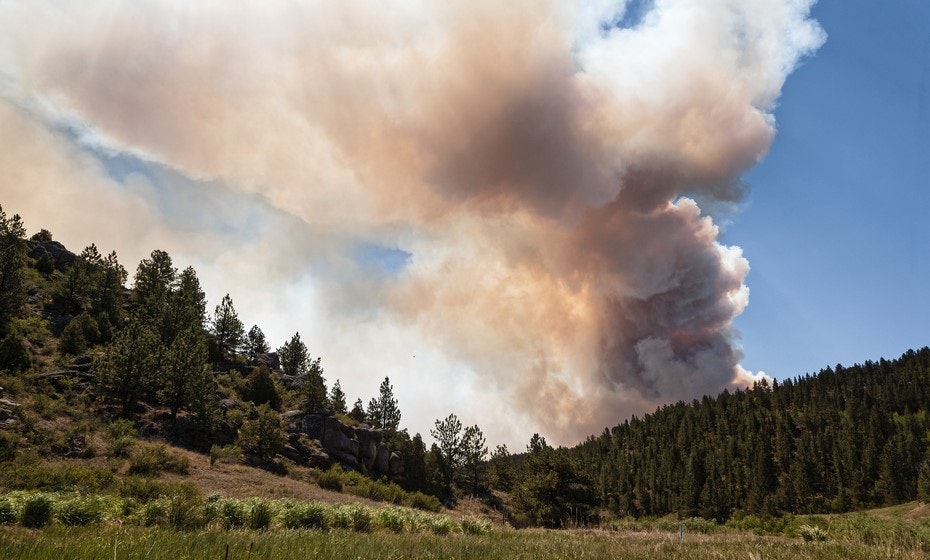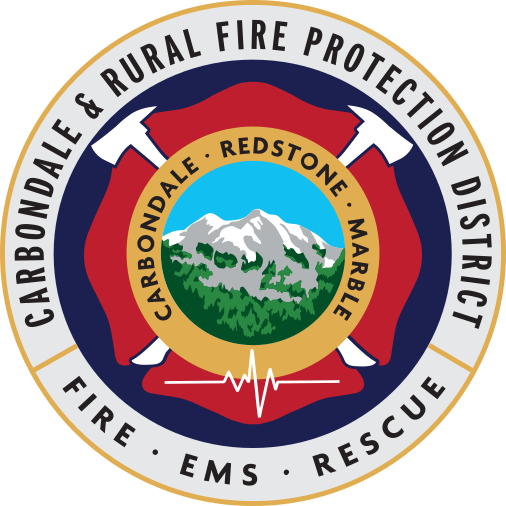Wildfire Preparedness: Protecting Your Home and Community
By admin Published April 16, 2024

The lush landscapes of Carbondale, Colorado, hide a very real danger beneath the surface of their natural beauty. The threat of wildfires is not an abstract concern; it’s a seasonal reality that both local residents and visitors alike must be ready to face. As community members, we all share the responsibility of protecting our homes and ensuring the safety of our loved ones. In this comprehensive guide, we will explore the critical steps you can take to fortify your property, as well as the collective efforts that make our community resilient in the face of wildfire risks.
Understanding Wildfires
Before the flames arrive, it is critical to understand the enemy you are fighting. Wildfires can be classified into several types, including surface fires, which spread rapidly along the ground, and crown fires, which are characterized by flames reaching into the tree canopy. In Carbondale, the arid climate, combined with high winds and dense vegetation, creates the perfect environment for fires to start and spread quickly. Understanding these factors will help you be more vigilant and prepared, especially during high-risk seasons. A small incident can quickly turn into a devastating conflagration.
To the untrained eye, wildfires seem to appear out of nowhere. However, they are often the result of a complex interplay of natural and human-derived sources. The sparking flame that ignites wildfire can come from many sources. Often, human activity, as simple as a discarded cigarette, is the culprit. Incidents like accidental ignition due to improperly extinguished campfires or irresponsible equipment use can significantly contribute to fire outbreaks.
Home Preparedness
Protecting your home starts with the area closest to you – the immediate surroundings. Creating a defensible space is your first line of defense. This space, 30 feet or more around your home, should be devoid of anything that could fuel a fire, such as dead vegetation or woodpiles. Fire-resistant landscaping, which consists of low-growing, mowed, and well-watered plants, can further reduce the fire’s ability to spread.
Beyond the flora, home maintenance is crucial. Regularly cleaning roofs and gutters, as well as maintaining chimneys and vents, can prevent embers from finding a foothold in your home. Additionally, using fire-resistant materials in construction when possible, such as Class-A asphalt shingles or metal roofing, can safeguard your home’s integrity in the face of a wildfire.
In the event of an evacuation, it’s vital to have an emergency plan in place for your household. This includes having essential supplies ready, such as a first aid kit and non-perishable food and water, and knowing multiple evacuation routes. Stay informed by signing up for local alerts and monitoring fire activity in your area.
Community Preparedness
While individual home preparation is vital, the strength of preparedness truly rests in the unity of the community. Organizing with your neighbors to create a neighborhood plan can ensure that everyone knows what to do in the event of a wildfire. This plan should cover communication channels, equipment sharing, and a fire evacuation protocol for those in high-risk areas.
Community-wide awareness of evacuation routes and protocols is a critical aspect of preparedness. Public spaces such as community centers and schools can serve as rallying points during evacuations, facilitating the coordination of safety efforts. It is also important to know the locations of fire shelters and understand when it is safest to utilize them.
Community resources mustn’t be overlooked. Carbondale, CO, has both local and state resources available, including emergency response teams, shelters, and provisions. Being aware of these and participating in community safety drills can help in a coordinated and efficient response in the event of a wildfire.
Fire Department Involvement
The dedicated members of the Carbondale and Rural Fire Protection District (CRFPD) play a central role in wildfire preparedness and response. Our expertise ranges from creating and executing emergency response strategies to providing ongoing support and education to the public. Property owners can request a “Home Wildfire Mitigation Consultation” from CRFPD and one of our wildfire mitigation experts will conduct a site visit with you and give you a comprehensive report on wildfire mitigation that is tailored to your specific property. There is no charge for this great service.
The fire department is a repository of knowledge and training for you and your community. Our guidance on wildfire response practices, informed by our extensive training, and the guidance of reputable resources like the NFPA’s FireWise initiative can be a lifeline. The FireWise program emphasizes proactive planning and community involvement to reduce the risk of homes catching on fire in the event of a wildfire. Workshops, materials, and one-on-one consultations are available to aid in the implementation of these critical measures.
Staying Vigilant
Wildfire preparedness is not a one-size-fits-all endeavor. It requires a multi-faceted approach that spans individual, community, and municipal levels. By acknowledging the risks, understanding the nature of wildfires, and taking proactive steps, you can significantly mitigate the hazards and protect your loved ones and property.
The key takeaway is to not wait until the fire is at your doorstep to act. Regular meetings with neighbors, staying informed about local fire conditions, and participating in community-wide initiatives will bolster your readiness. By working hand-in-hand with the Carbondale and Rural Fire Protection District and leveraging the available resources, you can enhance your resilience against the threat of wildfires.
Remember, preparedness is not just about the immediate actions you take but the ongoing lifestyle choices you make to prioritize safety and mitigation. Stay informed, stay safe, and play an active role in making Carbondale the wonderful community it is. Your vigilance today could save lives tomorrow.
